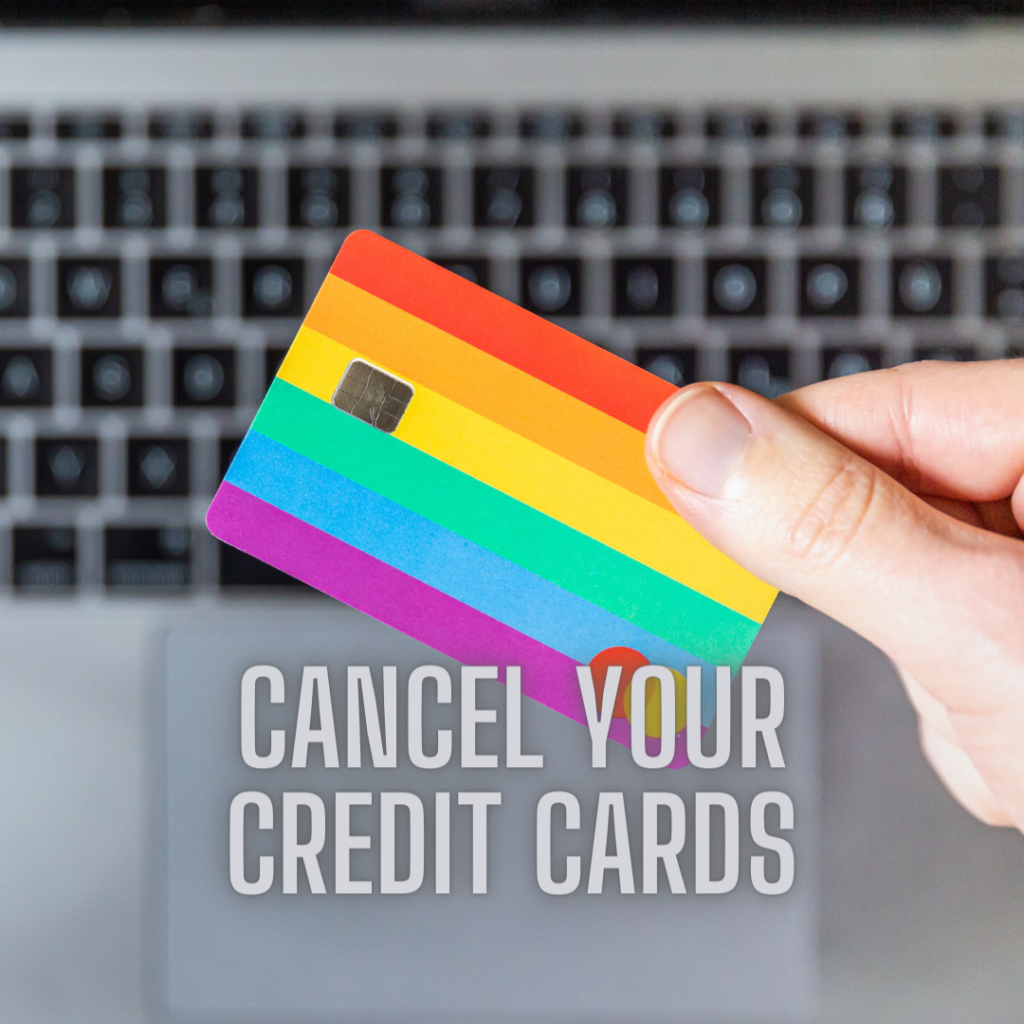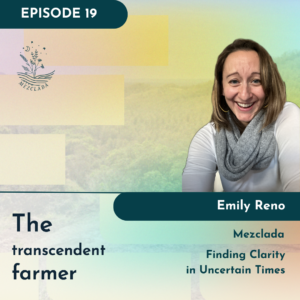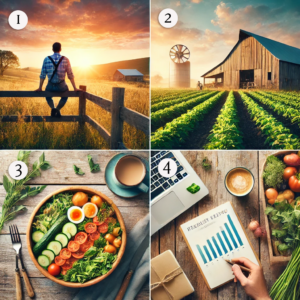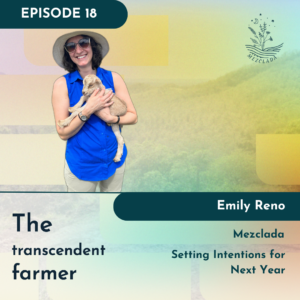Today’s task:
Close out any unused credit cards and leverage your savings for high interest (AKA “Stop asking who you are & start being what you are.”)
Full credit given to Jas for inspiring today’s more philosophical musings in today’s post.
One of the key components of getting your finances together is tightening up any loose ends. This includes taking account of any and all credit cards that you have, identifying if any of them are not actually serving you, and then closing them out. Call the credit card company, grab a pair of scissors, and go to town, honey.
I feel in many ways that this act opened up a new financial portal for me. Today I shifted a lot of energy:
- I got a new debit card (mine expires at the end of the month and I wanted to have a backup while I’m abroad)
- I set up a travel notification with my bank
- I got some extra checks printed for me as a backup while I’m abroad
- I visited my credit union and consolidated my funds into a single high money market savings account and got some free resources on financial literacy
- I decided to invest in a 12-month program that will help me leverage my human design to create abundance in my life
I also did a fair amount to take care of myself:
- 60 minutes of yoga with Nicole Wild
- 60-minute massage (thanks mom!) at Sano Massage + Wellness
- Knitting a scarf while watching a documentary with my family
As I continued to listen to episode 323 today of the Selling with Love podcast, I felt like this concept from Jas and this idea from the podcast were sort of blending together.
What are you going to use your business as a tool for?
When you stop asking who you are and start BEING who you are, it’s like you stop asking for permission to be yourself. You stop waiting around to see what others are going to do, think, or how they’re going to react, before plunging into the sea.
I had a great conversation with my sister the other day, and she talked about how getting sucked into social media is making her feel like she’s always striving for more. And I told her that in no other time in history have we had access to the lives of people who are in completely different social classes then now. I also told her that I gave up on trying to compare myself to others long, long ago, simply because I felt like I’ve never really gotten along with those who were my age anyways. I always found myself hanging out with people between twenty and forty years older than me. And that’s been pretty normal my whole life. I felt the same when I decided to go to community college versus a four-year school, and especially so when I decided to stick around for an extra year instead of transferring. I stopped comparing myself to others when I realized that we all just have our own unique paths in life, and that we’ll all be carried to where we’re supposed to be eventually.
There’s no rushing the process. You just do you. I love this idea of ‘being who you are’, because it brings me to this question of how to use business as a tool – and specifically, what to use it for.
These were all the things that I came up with while driving home from the bank today. I gave myself some snaps after I said some of these out loud. It had the zing of truth all over it and I could feel it in my bones!
- I use business as a tool for personal growth and transformation
- I use business as a tool to travel the world
- I use business as a tool to pay for the cool sh*t I want to do
- I use business as a tool to bring beauty, simplicity, minimalism, and intention to the people who use my products/services
- I use business as a tool to bring people closer to nature
- I use business as a tool to inspire and motivate future farmers
- I use business as a tool to express my creativity
- I use business as a tool to experiment and test out ideas
- I use business as a tool for play
- I use business as a tool to improve my own wellbeing
- I use business as a tool to become stronger
- I use business as a tool to tell stories
- I use business as a tool to bring people together
One of the points that I took away from the interview in the podcast was this idea that we all bring a different approach to how we see business. For some, it’s just something that’s there to make money. For others, it’s intricately bound with someone’s own personal identity. In the latter case, the evolution and growth of one’s own identity will hopefully eventually become reflected in the offerings or approach to selling. If it doesn’t, it could be that the culture outgrows the founder. Then you have a real problem. But ideally, if the founder is in control, they also control the company culture, and things evolve as they do.
I especially appreciated the series of questions and statements that Ezekiel asked Jason:
- “Who are you going to become this year?”
- “How will your business be a reflection of this new person?’
- “Business is a tool to get to know yourself better.”
- “How are you going to show up in the world this year?”
- “How do you put yourself out there and stand out?”
A lot of my recent posts have focused on goal-setting, creating intentions for the year ahead, and I feel that we’re moving into a new phase of thinking through how these goals are reflected in the actions you take in the months ahead.
What are the products/services that can help you achieve this goal? Tie this back to your theme for the year. There’s nothing wrong with experimentation here.
“Step in to who you are. Embody it. Live and be that thing.”
Applying this to my own life/journey with Mezclada, I could ask a similar question as was asked in the interview: “How are the things that I put out into the world a reflection of how I want people to see and experience me?”
You should also be asking yourself this question: “How is my farm a reflection of how I want people to see and experience me?”
Maybe you don’t actually want people to see and experience you. Maybe you just want to be in the fields and have someone else handle all the marketing and transportation, getting product to market, etc. But knowing that you don’t want people to see and experience you is equally as important as the opposite. This directly relates to your entire business model design. And it will help you sort through the thousands of options you might be sifting through right now.
When I mulled over that question, the first thing that came to mind were handwritten notes. Paying attention to the little details. My thoughtful nature, and wanting to be sure that people continue to experience that part of me.
Then there’s the adventurous side of who I am. The courageous, wild, dancer Emily. The one that seeks to be around others who are a bit more outlandish and free spirited. The spontaneous side of me.
And then there’s the creative, artistic version of who I am. I’d love for people to see me more as an artist/creative than just someone who likes marketing and writing.
When I think about how I want my farm to be a reflection of who I am, it means the following:
- Spending time with people – working with them 1:1, in person, not always from a screen
- Creating space and opportunity for folks to connect
- Creating products/services that offer visitors/participants the chance to truly transform their outlook on life and step into the helm of their future
- Sharing the beauty and wonder of nature with both people who love and truly appreciate it and those who have maybe never had the privilege to experience it
- Planning events down to the last little detail
- Creating a space that feels sacred, spiritual, and embodies the notion of healing
More than that, I think I’m coming to the conclusion that I see business as a tool that allows me to spend most of my time on the farm and with people I love. I think that means building a team of people around me. 🙂
Keep it up! You’re now made it over the 50% threshold of the 60-day challenge! Whoopee!
Today’s resources to keep you inspired:




